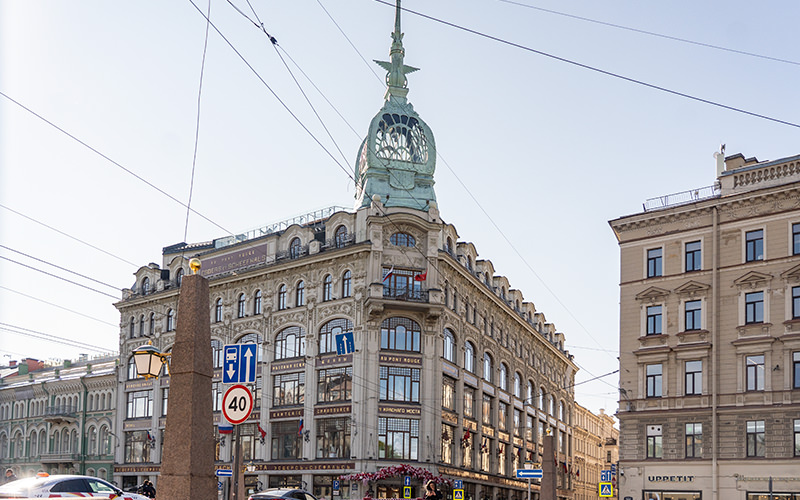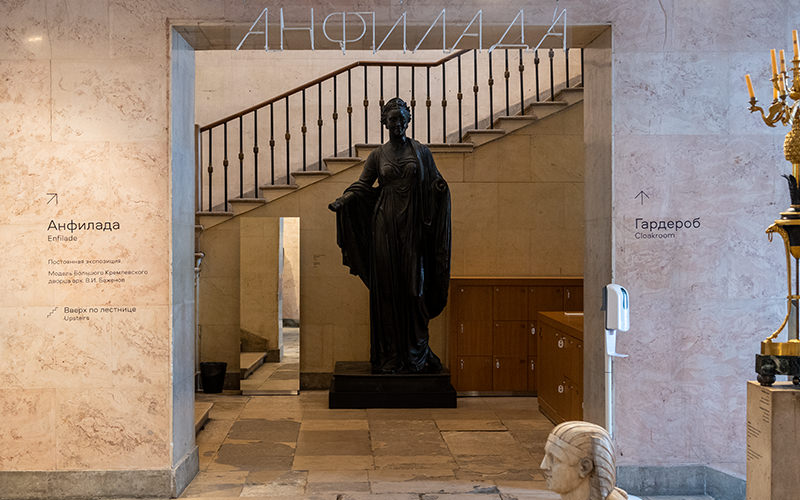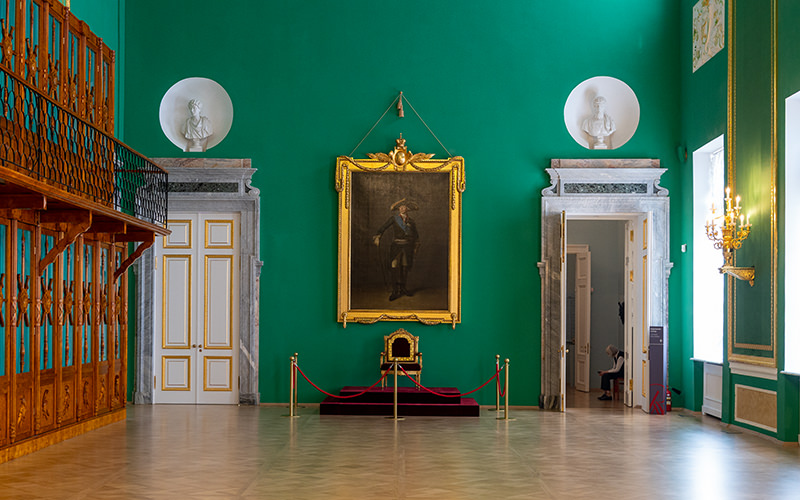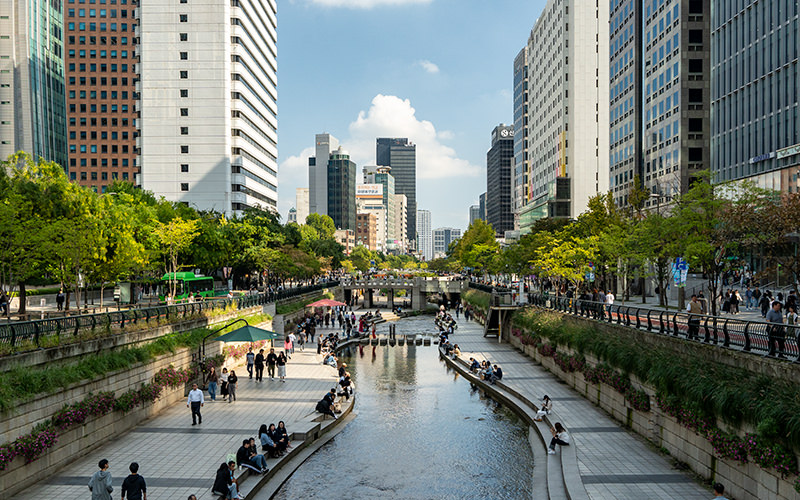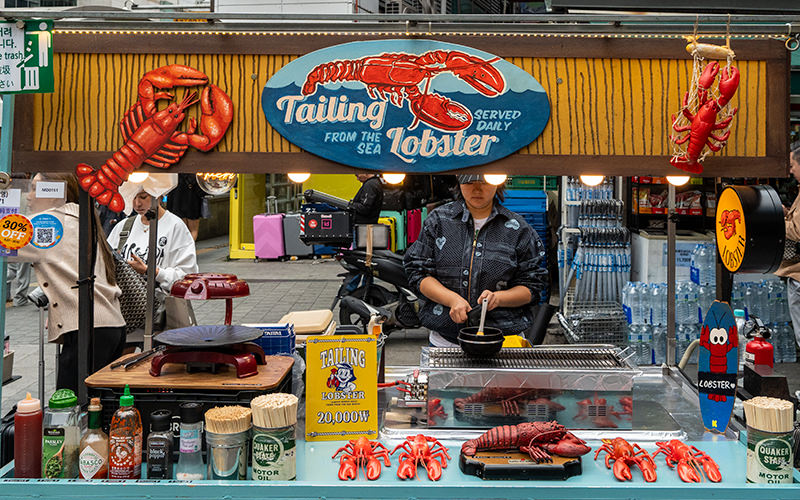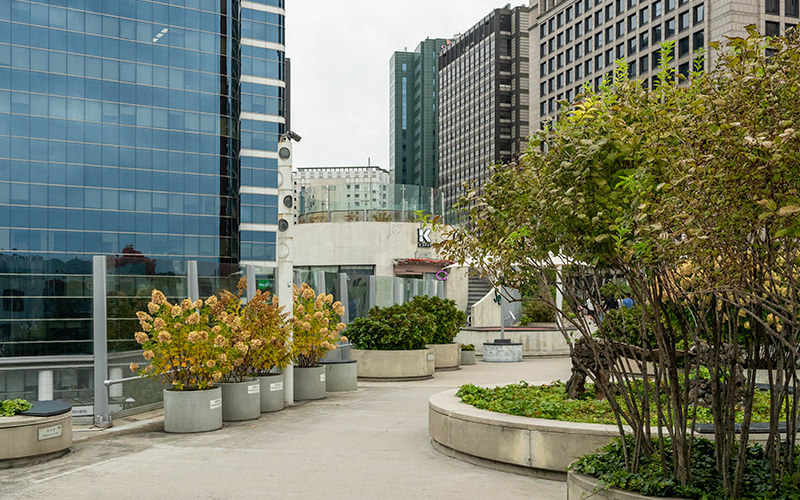When visiting Seoul, many travelers first take a stroll through the city’s numerous architectural landmarks. One of the most popular places to visit is Deoksugung Palace, located in the very heart of the city.
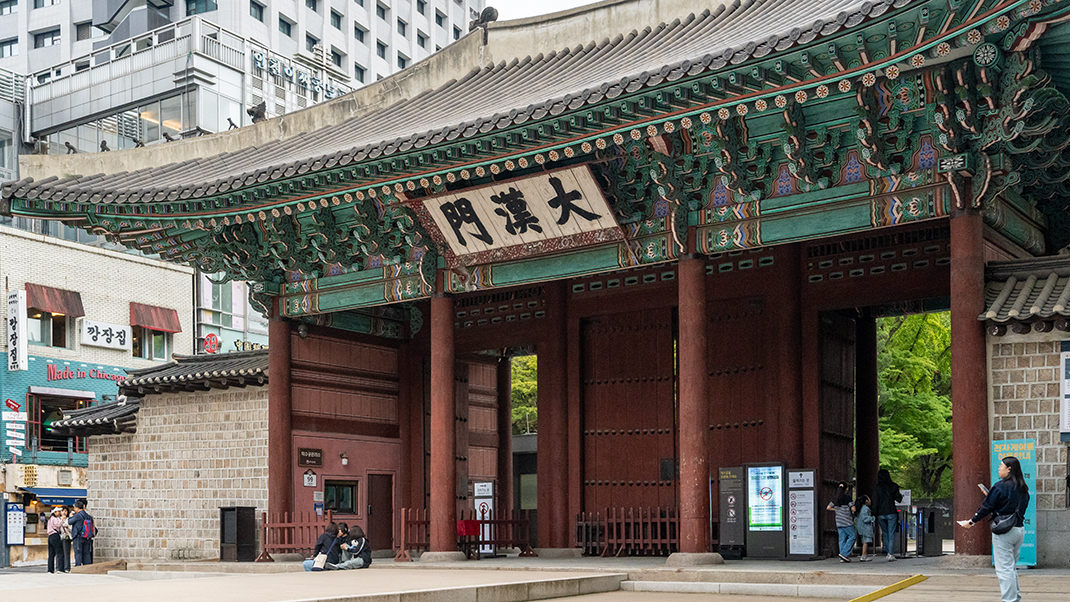
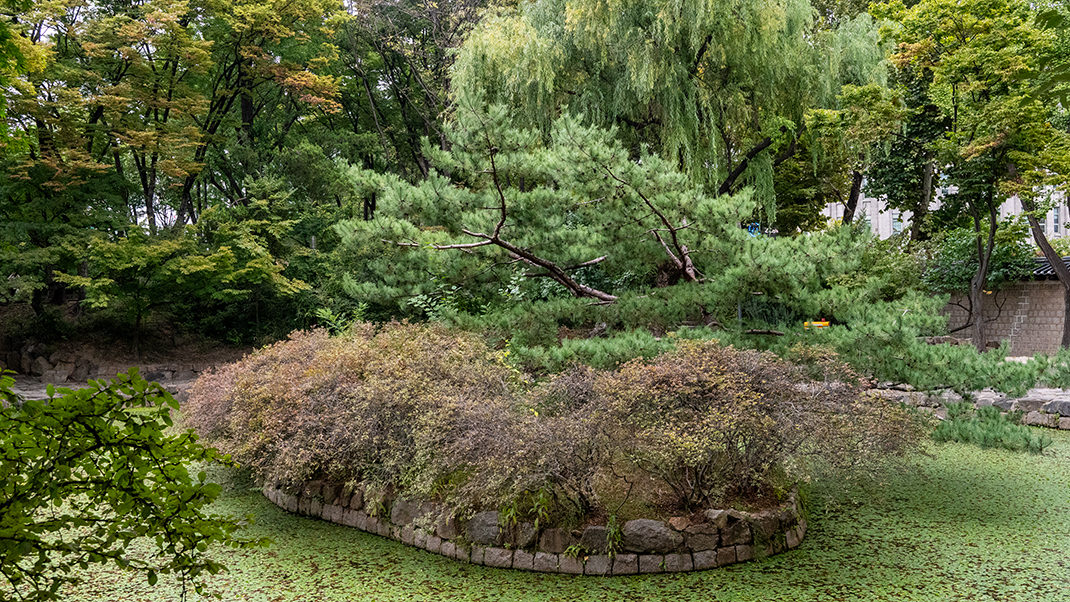
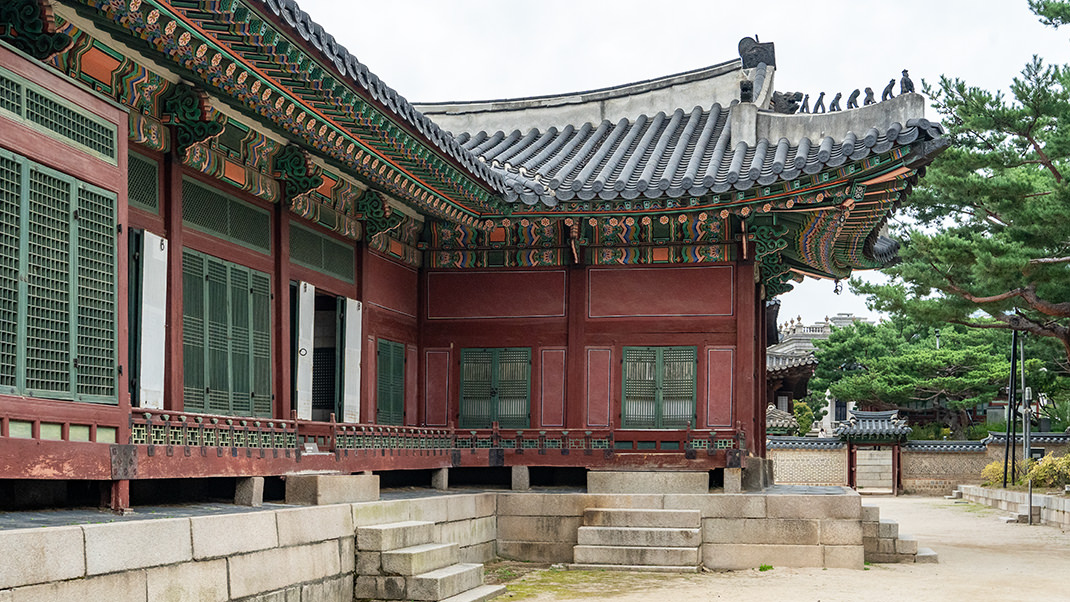
Deoksugung: A Royal Palace in the Center of the Modern Metropolis
Deoksugung is one of the five royal palace complexes of the Joseon Dynasty in Seoul. The palace was built for Prince Wolsan, the brother of King Seongjong, who reigned during the second half of the 15th century. During the Imjin War (1592-1598), all of the city's palaces, except for Deoksugung, were destroyed, and for some time, it served as the residence of the king. It was also during this time that the palace complex was renamed Gyeongungung.
A major expansion of the palace complex took place during the reign of Emperor Gojong, when numerous pavilions were constructed. The size of the residence at that time was three times larger than it is today. Gojong abdicated the throne in 1907, and the palace was restored to its historical name, Deoksugung. Three years before this, a large fire occurred at the palace, damaging many of the buildings in the complex.
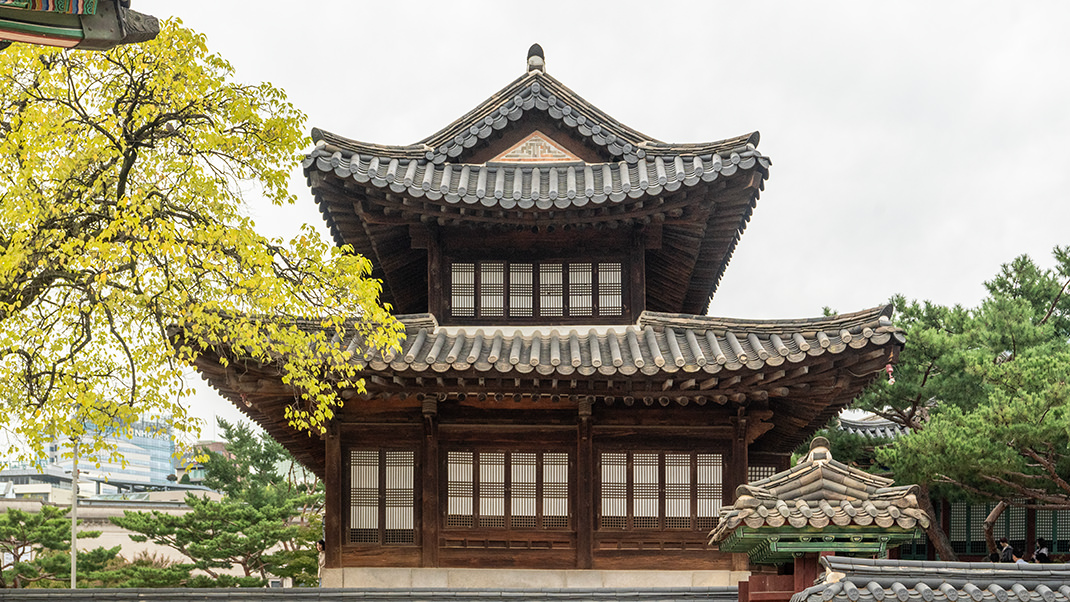
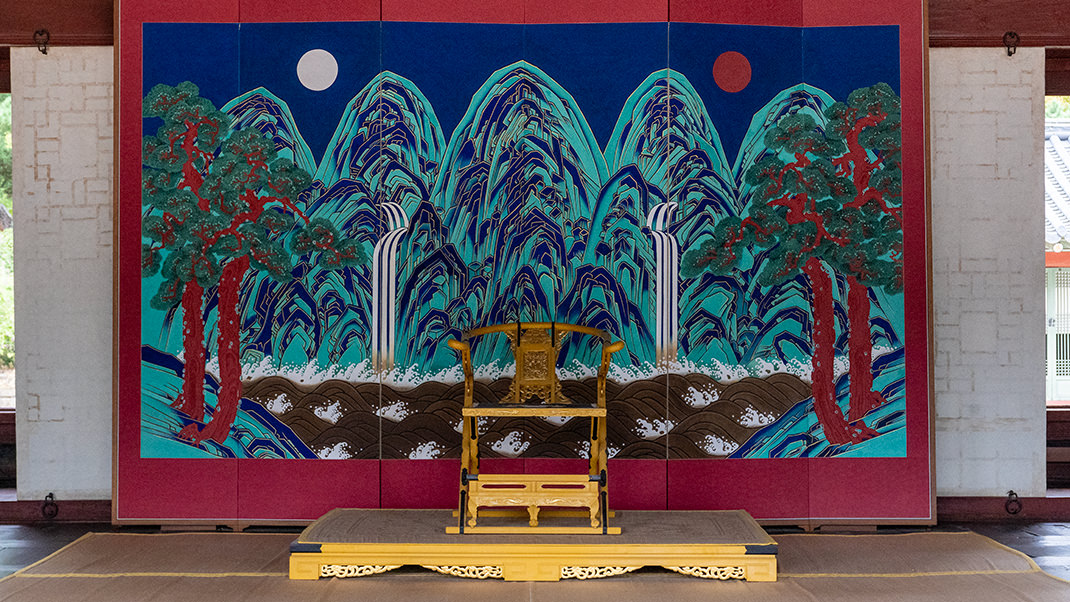
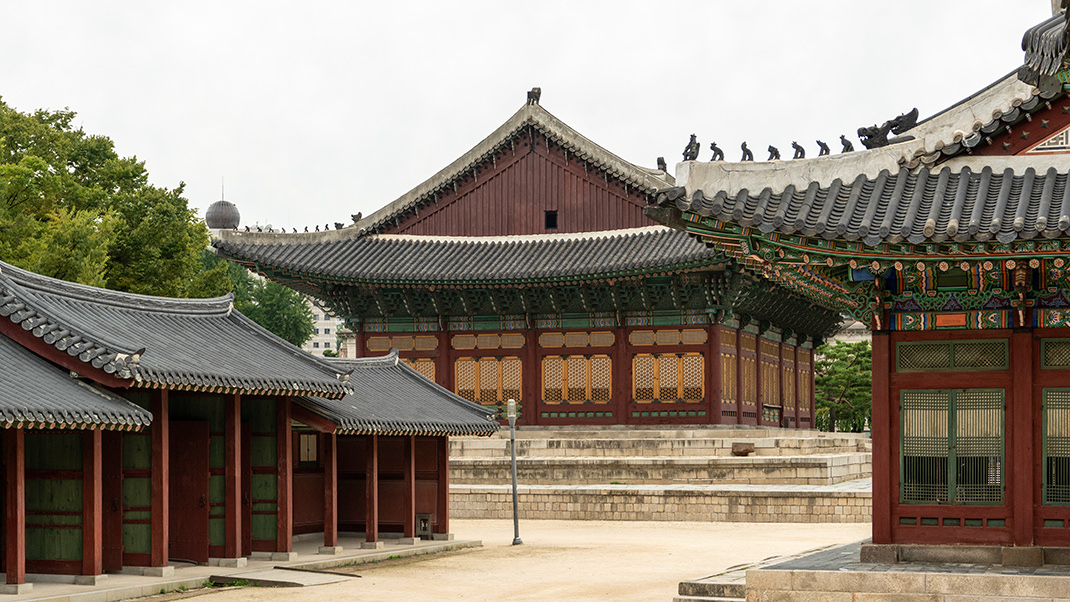
The former emperor lived in Deoksugung until 1919. After his death, further destruction of the palace buildings took place.
Deoksugung Palace: A Walk Through the Grounds
The palace complex is located in central Seoul, not far from Gyeongbokgung, the city’s main and largest palace. Despite the fact that the architectural museum of Deoksugung is surrounded by modern high-rise buildings, strolling through the grounds is quite pleasant. There is a cozy corner with a pond and greenery.
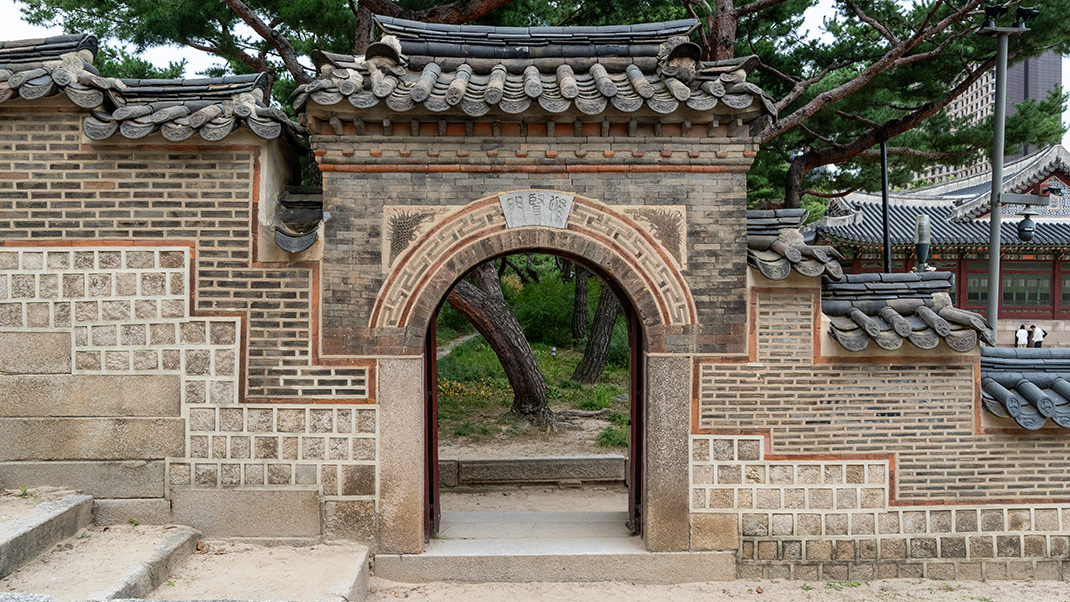
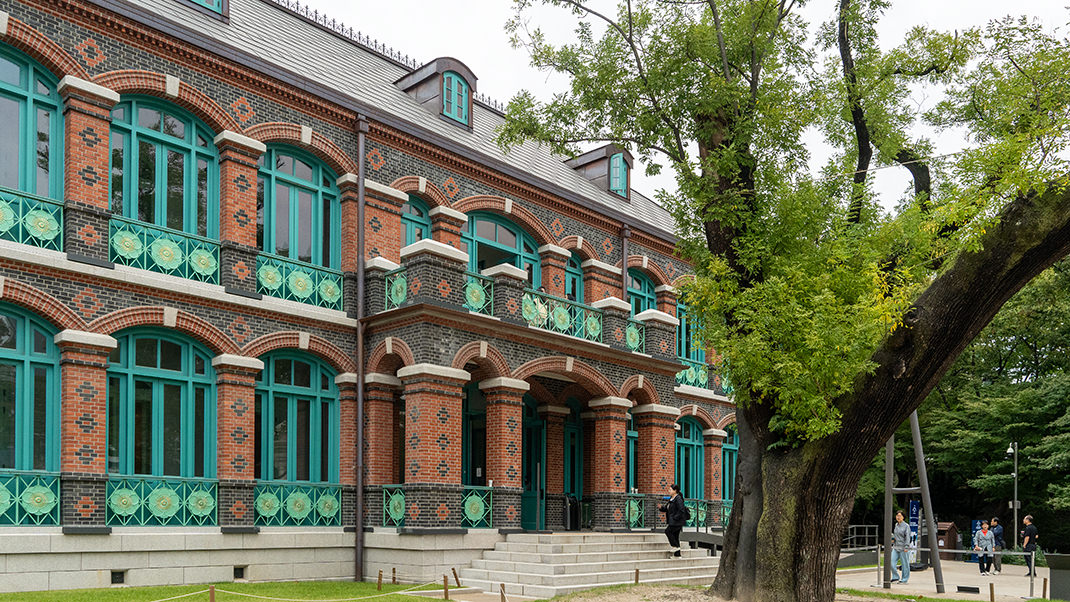
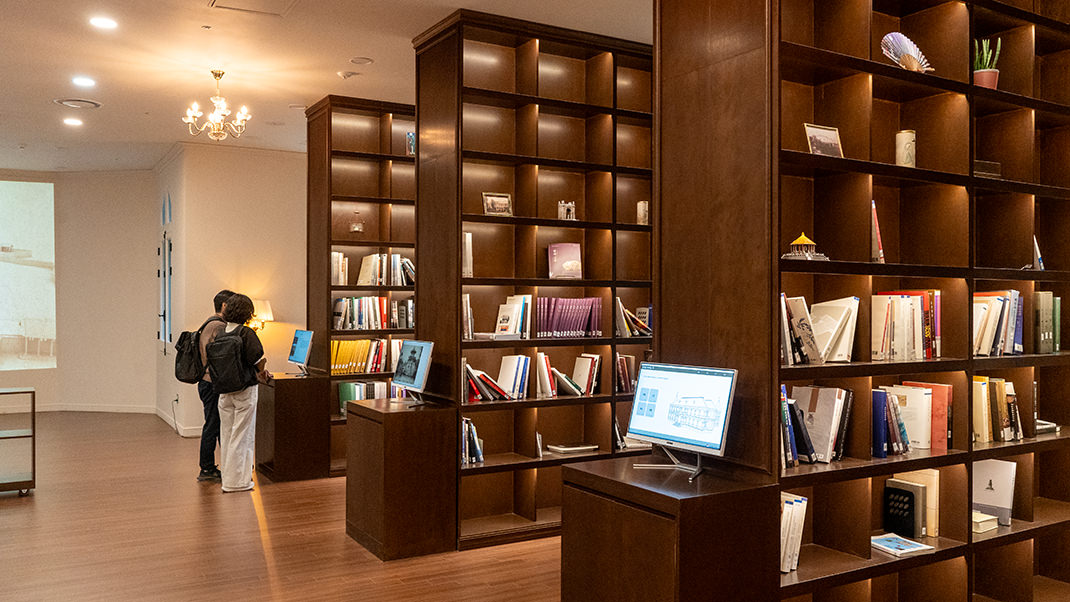
In the eastern part of the complex, several buildings and gates in traditional style can be found, including the emperor's living quarters and the buildings where the ruler worked. Interestingly, there are no halls for the empress in the palace grounds: Gojong was a widower, and instead of a female section, a pavilion with a memorial tablet for the empress was created.
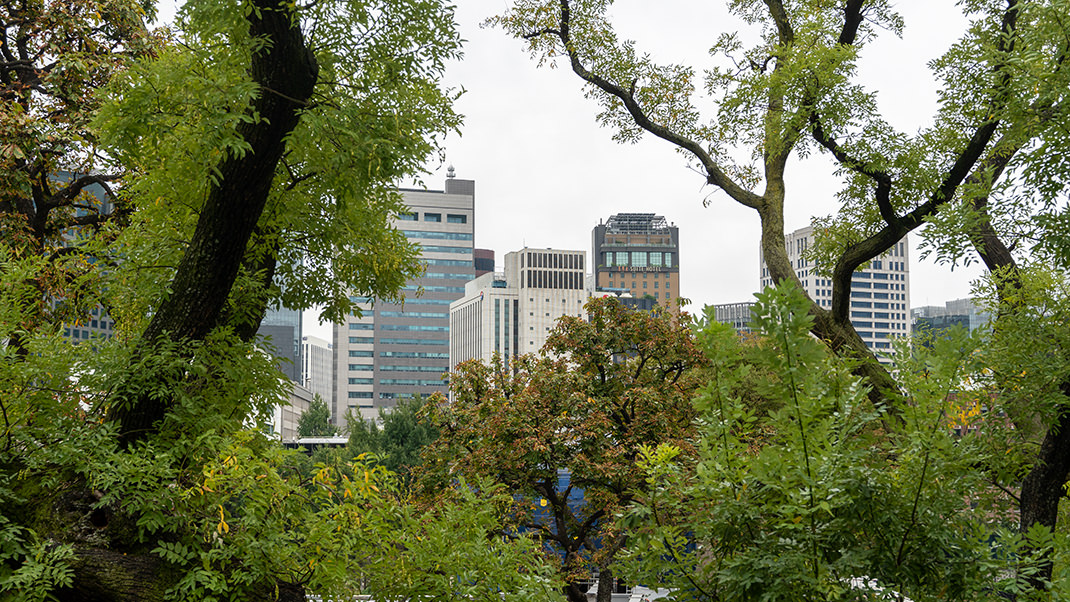
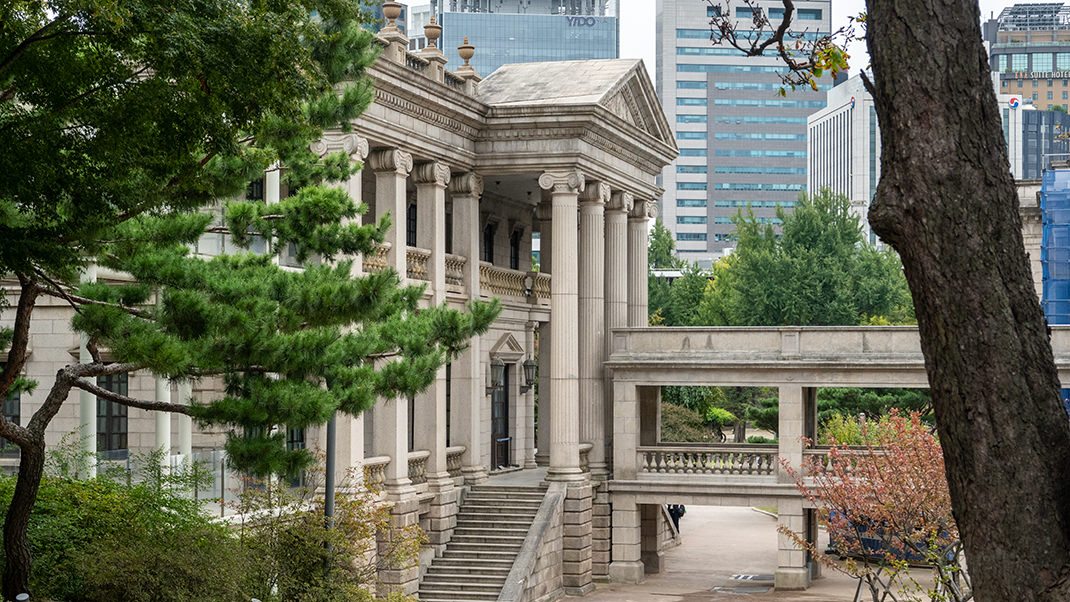
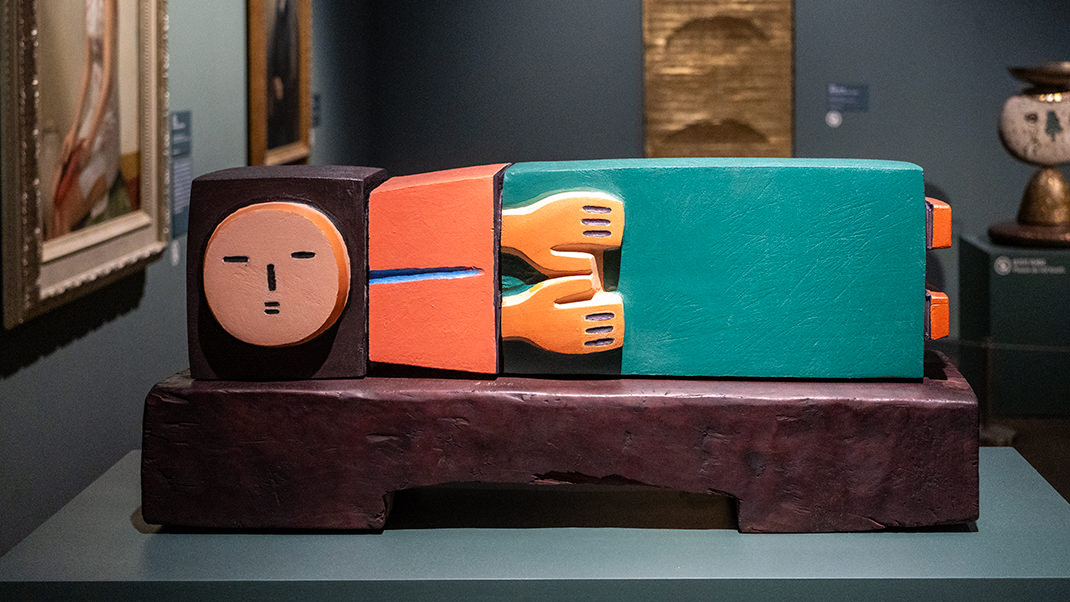
Deoksugung is the only palace in Seoul that features buildings in Western style. The first of these is Seokchojeong, which houses the Museum of Korean Imperial History. The second structure, called Dongdokjeong, was used as a guesthouse for high-ranking foreign visitors.
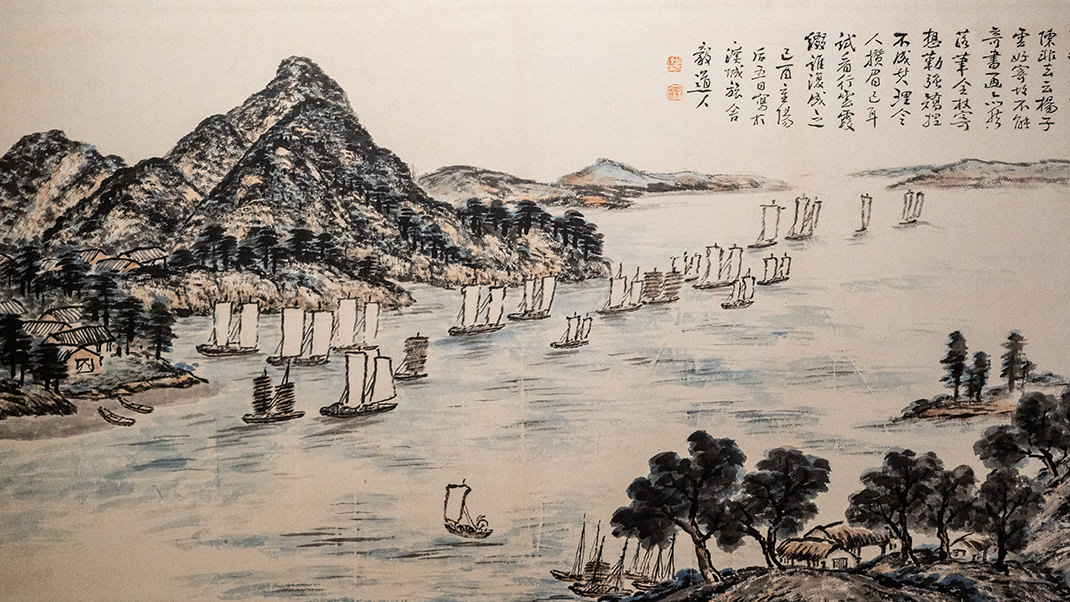
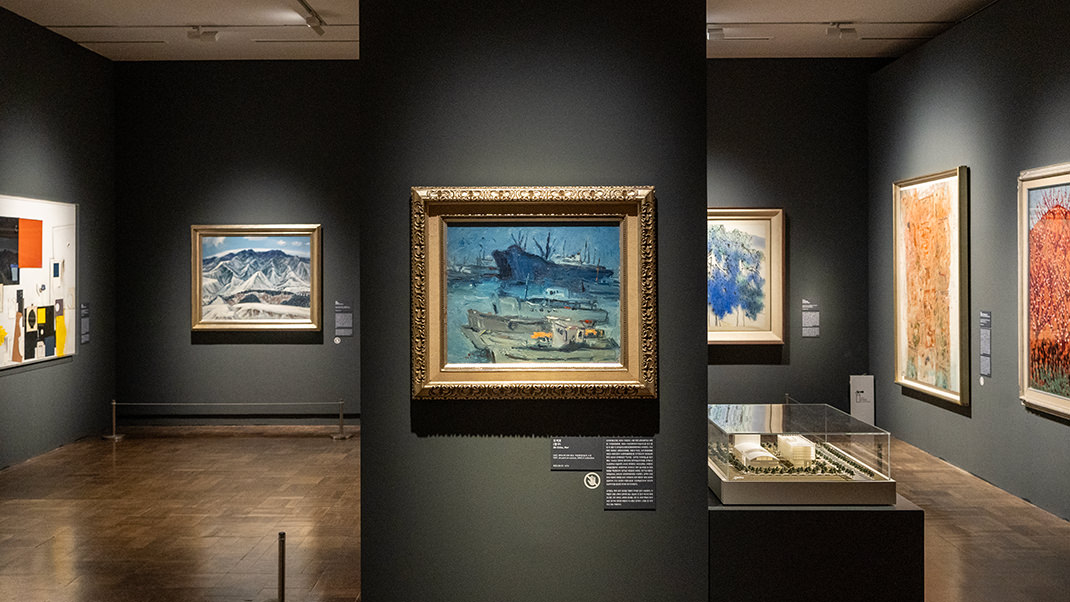
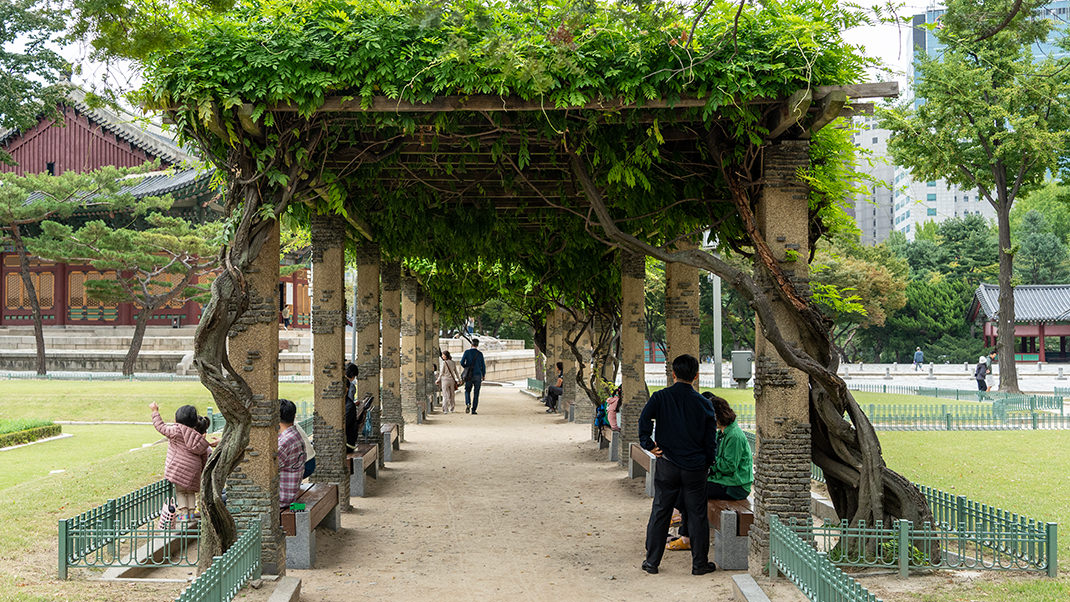
Deoksugung Palace is located near City Hall subway station. As of autumn 2024, the entrance fee is 1,000 won, and tickets can be paid for with cash or an international bank card. The museum is closed on Mondays.
The palace's informational brochure mentions that group tours are available, including in foreign languages.
I visited the palace in the morning, and at 11:00 AM, the changing of the guard ceremony began near the Daehanmun Gate. After the theatrical performance, guests can take photos with the actors. The Seoul tourist website mentions that such ceremonies are held at 11:00, 14:00, and 15:30.
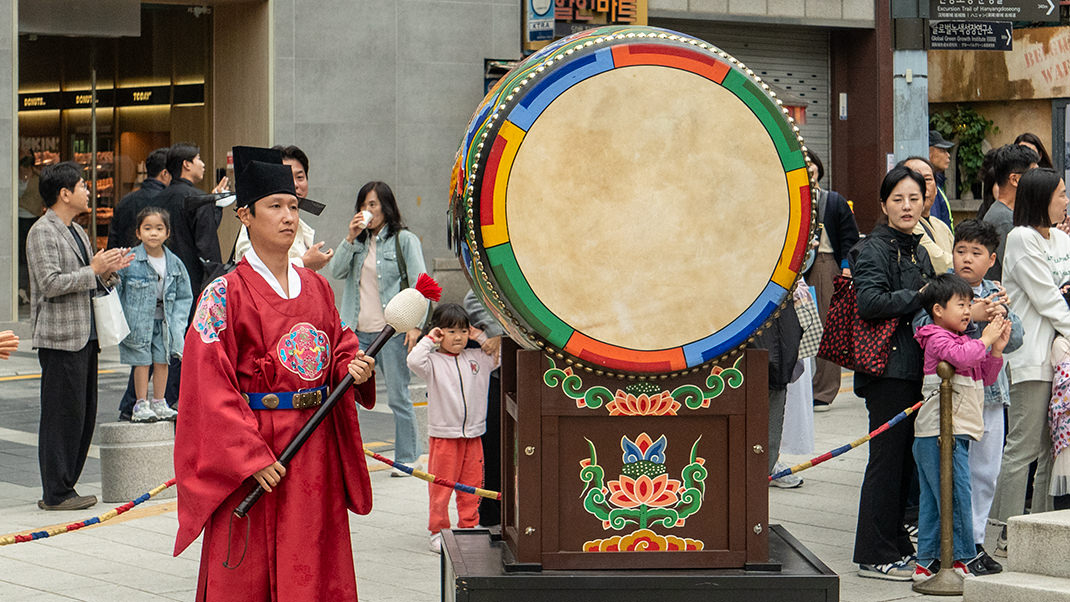
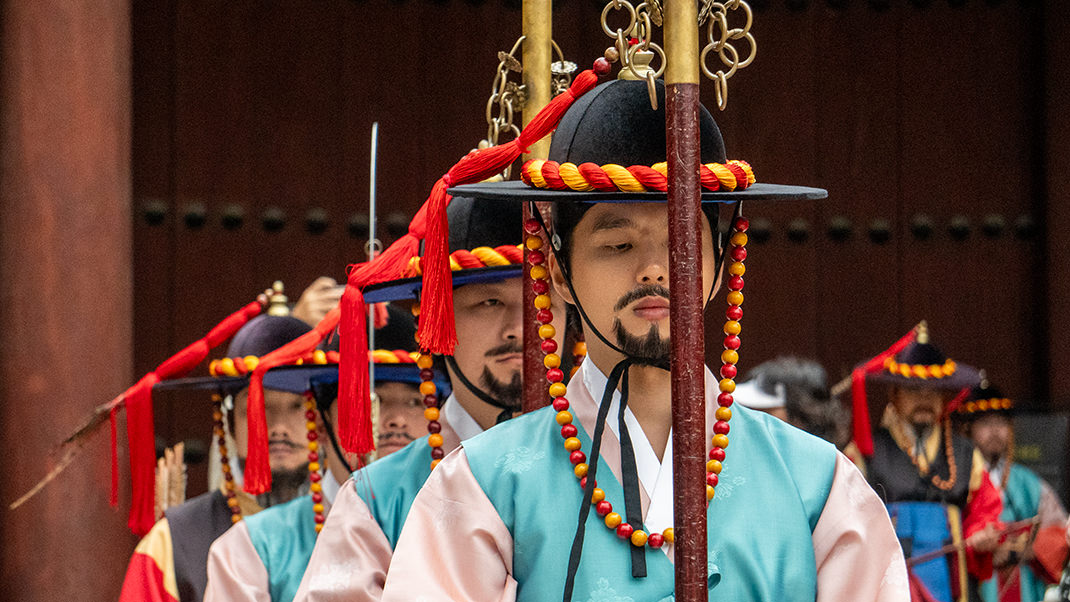
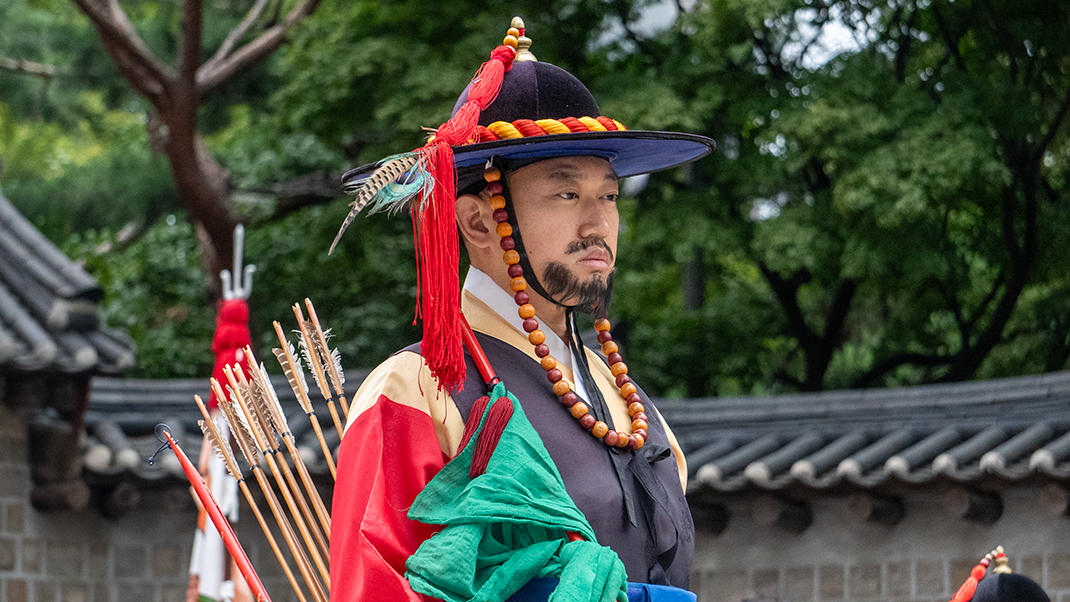
My next article about Seoul's landmarks will be dedicated to the Seoullo 7017 walking area.
Have a nice trip!


